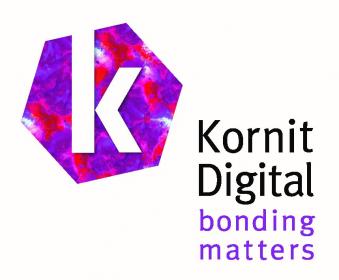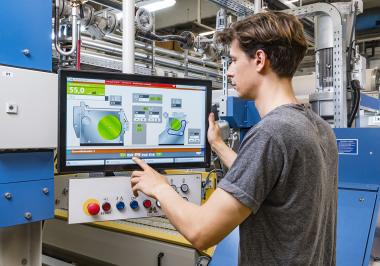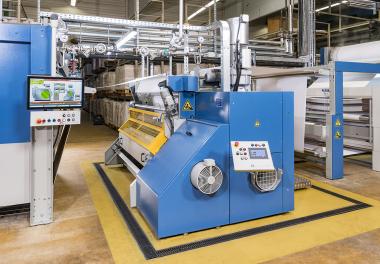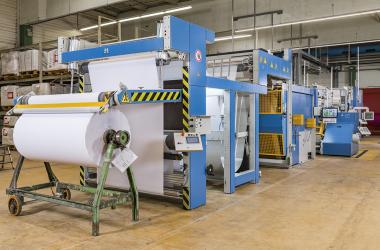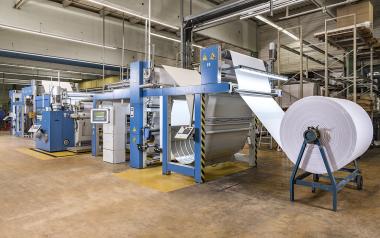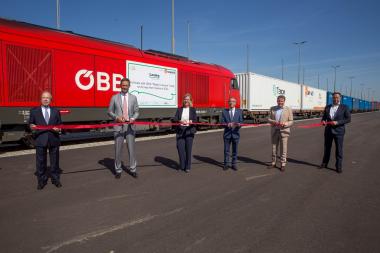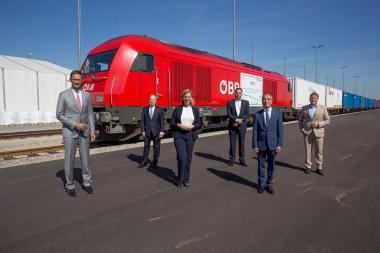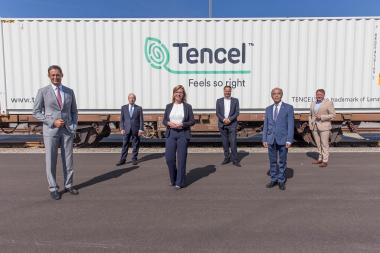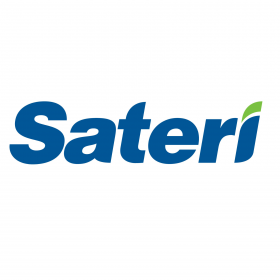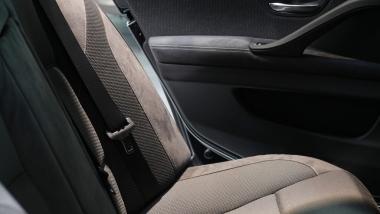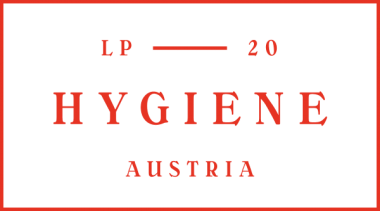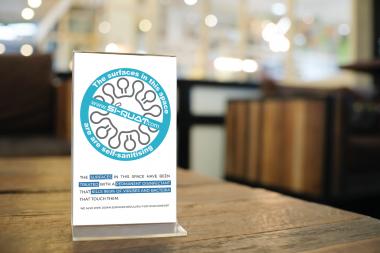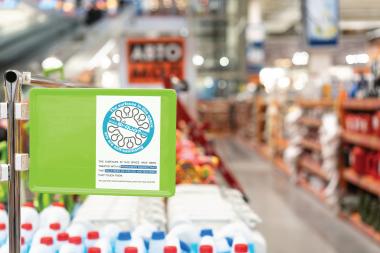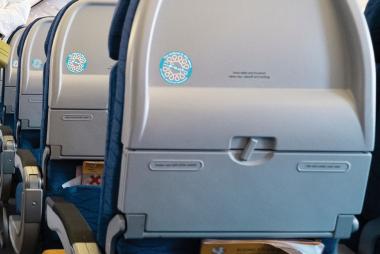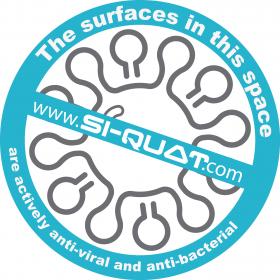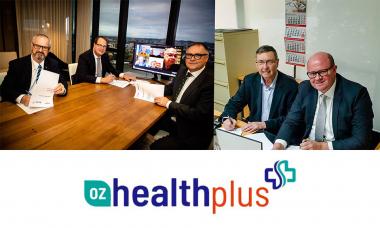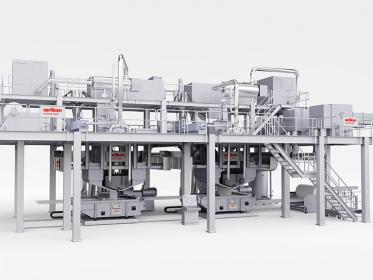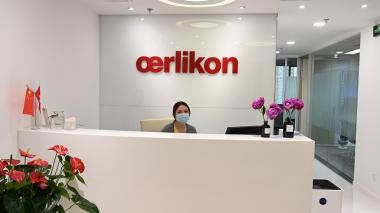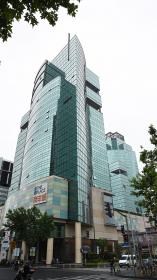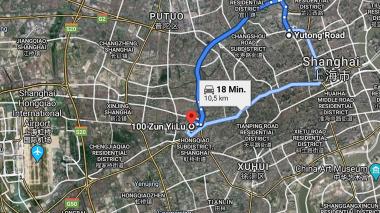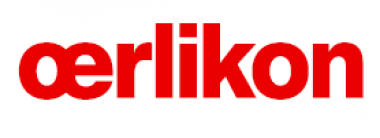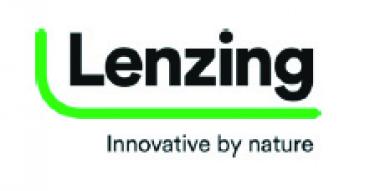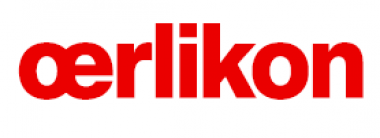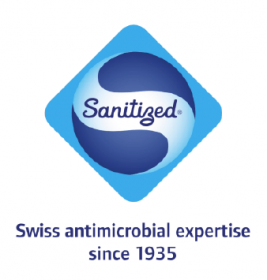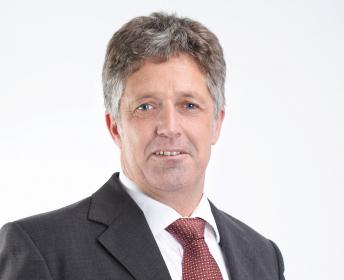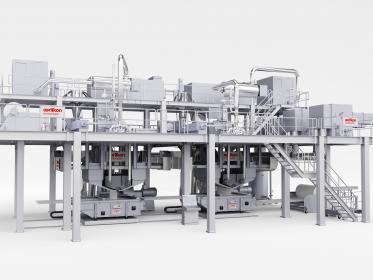Kornit Digital Establishes United Kingdom Operation
Move reflects growth in largest European market, bolstering service and support capabilities, commitment to customer relationships
Kornit Digital (Nasdaq: KRNT), a market leader in digital textile printing technology, announced the creation of a new Kornit Digital UK entity, devoted exclusively to serving the United Kingdom market, the industry’s largest market in the EMEA region. By focusing the company’s resources on supporting digital print fulfillers and brands in optimizing their end-to-end operations, this move reflects Kornit’s commitment to streamlining its logistics operation and ensuring a closer relationship with its customers.
Investing in a UK-based organization will empower Kornit to address the growing need for sustainable on-demand production, and reflects the brand’s strategy of enabling proximity production. Kornit will be able to further support customers locally with resources to deliver services and value directly, with fewer logistical hurdles and personnel attuned to the challenges and demands of that region.
Online retail sales in the United Kingdom nearly doubled from 2013 to 2019, reaching more than £76 billion last year—making it the third-biggest e-commerce market globally (following China and the United States).
“We’ve seen substantial growth in the United Kingdom in recent years and owe a great deal of success to our partners” said Chris Govier, Kornit Digital Managing Director—EMEA. “A dedicated UK distribution hub will ensure faster and more efficient service to our growing customer base, maximizing our customers’ uptime and productivity, and we look forward to building upon our success as the pre-eminent provider of digital print technologies to this largest of European markets.”
The reseller agreement with United Kingdom-based Adelco Screen Process Ltd. has been terminated, and Kornit will assume all these customer relationships directly. Kornit will maintain its strong partnership with Amaya, which has established a considerable footprint as textile print solutions provider to the British textile decoration community.
Kornit Digital
Kornit Digital


